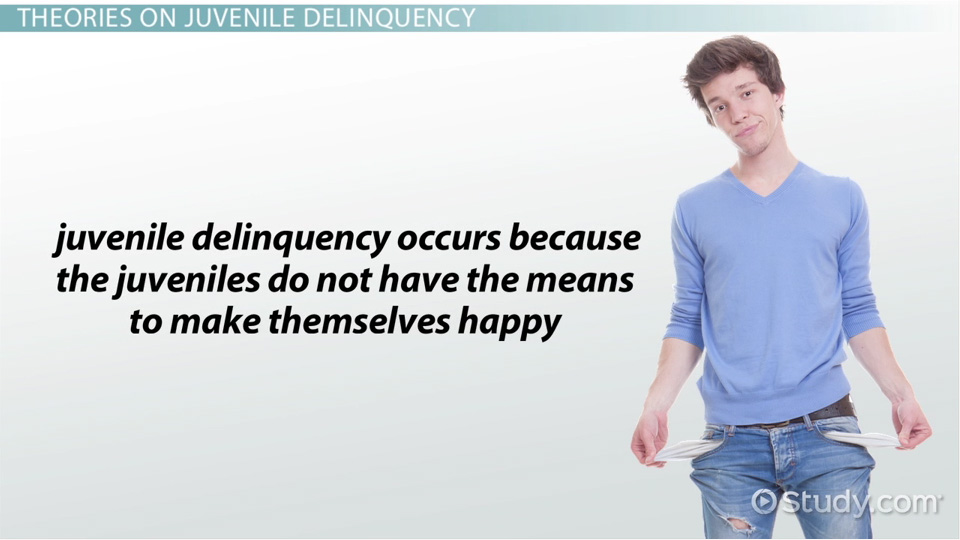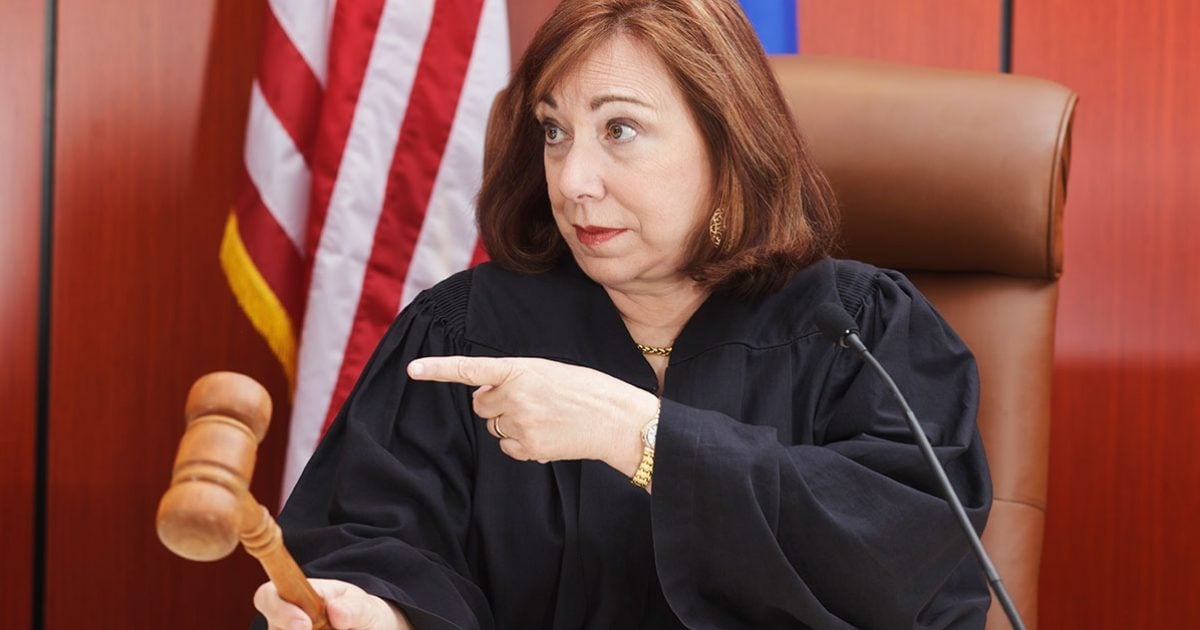Describe What a Juvenile Trial Is Like.
Some juvenile cases are transferred to adult court in a procedure called a waiver Typically juvenile cases that are subject to waiver involve serious offenses like rape or murder or juveniles who have been in trouble before. Non-Jury Trial Juvenile cases are tried before a Judge only with no jury.
Most states consider a juvenile a person between the ages of ten and eighteen however some states set the maximum juvenile age as sixteen.

. At trial the state must still prove each of element of each offense beyond a reasonable doubt. The trial of a juvenile case. There is no jury trial.
If a juvenile is charged with committing a delinquent act a bench hearing is conducted for adjudication purposesall evidence is presented by the. As the trial approaches you will receive a subpoena from our office announcing the date time and place at which you r the trial. In lieu of twelve jurors the juvenile court trials are done by a judge or commissioner who acts as both judge and trier of fact.
The State Prosecuting Attorney presents evidence and bears the burden of proving the allegations of the Delinquency Petition beyond a reasonable doubt. The trial in this case is known as an adjudicatory hearing where a judge reviews the evidence and determines the facts to prove the imposed charges beyond a reasonable doubt. A judge sentences an offender to confinement in a facility with other minors found guilty of breaking certain laws.
In this way its like juvenile jail. If the juvenile doesnt fulfill these obligations the court may reinstate formal charges. If you are the parent of a child who has been charged with a crime contact an attorney as soon as possible.
If a juvenile is charged with a serious crime it is extremely important that the child be represented by an attorney who is familiar with the local juvenile justice system and laws regarding trying children as adults. If any of these things give the judge reason to make a punishment more or less severe they can if. A juvenile court works like the adult courts in that there is a trial and a hearing for the individual in which the crime and the defendant are taken into consideration.
Unlike adult court your child is not entitled to a jury trial. Remember that if you do not. An adjudicatory hearing takes place in juvenile court and is like a trial when the judge hears the facts of the case from the defense attorney and the prosecution.
Analogous to an adult conviction it is a formal finding by the juvenile court after an adjudicatory hearing or the entering of a guilty pleaadmission that the juvenile has committed the act for which he or she is charged. The justice system recognizes this by applying different consequences for minors and adults. One option for punishment is juvenile detention.
A trial is a public proceeding with a judge and possibly a jury. In some cases where violent acts are involved that deadline can be as long as 3 days after being detained. The court intake officer then evaluates the case to determine whether further action is necessary whether the child should be referred to a.
Up to 25 cash back A juvenile adjudication is the equivalent of a trialIt is a trial except that the judge rather than a jury is the trier of facts All of the ordinary trial rules apply except that the proceedings are not generally opent to the public. Adjudicatory Hearing The fact-finding phase ie. Advises the witnesses of trial procedures and the questions that mat be asked during the trial.
Regardless of the type of placement the very process of confining young peoplecutting them off from their families disrupting their education and often. Juveniles do not have the right to a jury trial and all trials in. The United States requires that you be at least 18 to be empaneled onto a jury so having someone judge the content of a case from a different perspective may not result in a fair trial.
If the case goes to trial called an adjudicatory hearing in a juvenile case both sides present evidence and the attorneys argue the case much like a. Other children are sent to juvenile institutions with campus-like or pastoral settings such as residential treatment facilities or wilderness programs but still experience poor outcomes. At this hearing the judgeor in a limited number of jurisdictions the.
The proceeding in a Juvenile Court typically begins when the prosecution files a petition. A Factfinding Hearing is a trial to determine the facts. Many of the juvenile courts procedures reflect an effort to balance these two concerns and rehabilitate juvenile delinquents.
When a juvenile judge sets the case for adjudication he or she is setting it for a trial. Furthermore in juvenile court a minor does not have the right to trial by jury. Anyone over a states given age limit is tried as an adult.
When kids as young as 9 can be put on trial for severe crimes it is a group of adults that will decide that juveniles fate. Robert was sent a letter telling him about his first court date time and. Further a minor does not have the right to a trial by jury and cannot apply for bail unlike a criminal defendant.
Unlike adult convictions juvenile adjudications do not always mean incarceration also termed commitment. A juvenile court matter comes to the courts attention when the police apprehend a minor for violating a statute or a school official parent or guardian refers a problem with a juvenile to the court. Some youth like Robert may not have been brought to juvenile hall even though they have a delinquency case.
To juvenile hall not counting weekends or holidays. The judge makes a decision. Juveniles have a right to a hearing to determine if their case should be transferred to adult court.
The case will likely be set for a pre-trial or status conference before a trial setting. Who is a Juvenile. The judge holds an adjudicatory hearing.
The Judge of the Juvenile Court sits as the factfinder and renders judgment. After the trial the judge sentences the minor to a duration of time in juvenile hall community service or various other types of punishments. A juvenile court judge in a criminal case can take other factors into consideration like the age they were when the crime was committed their life at home and their behavior in school.
In a Juvenile Court acts committed by the minor are called delinquent acts and not crimes.

What Is Juvenile Justice The Annie E Casey Foundation

What Is Juvenile Delinquency Definition Theories Facts Video Lesson Transcript Study Com

Juvenile Justice Care And Protection Of Children Act An Analyse Act For Kids Acting Health Insurance Companies

No comments for "Describe What a Juvenile Trial Is Like."
Post a Comment